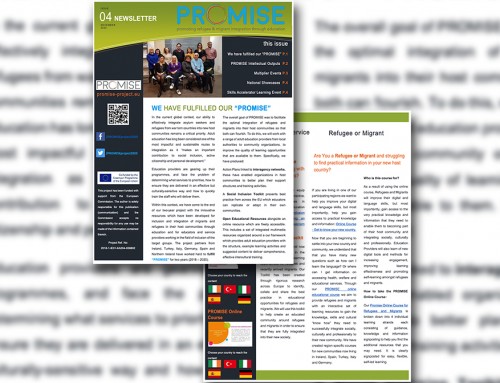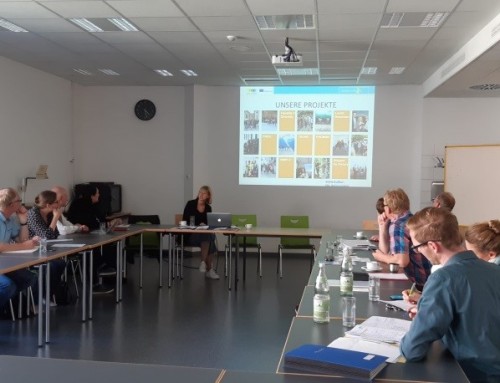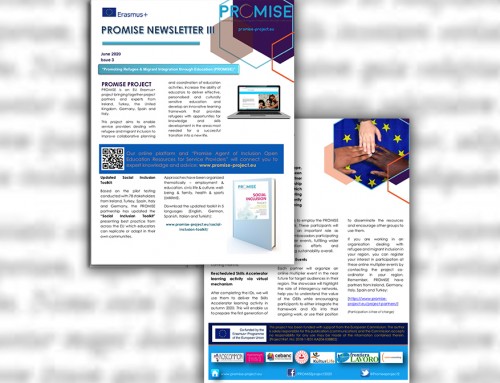PROMISE project covers important topics as France and the UK deploy drones to prevent Iranian Migrants entering Britain.
The impact of Brexit is here and the reality of it is frightening. In this time where inclusion and diversity are straining to break through and becoming the “norm” in our daily society, Brexit is creating a fear factor which is bring out the worst in some regions. Britain being one of those regions. Migration was one of the most polarizing factors behind the UK’s vote to leave the European Union in the first place. Now, as Prime Minister Theresa May attempts to secure support for her deal, the country has seen an almost on-cue news story about illegal migration and border security, with the compelling TV news footage to match.
In recent years, safer crossings on vehicles using the Channel Tunnel have become harder as security has been tightened. Now traffickers have tapped into the lucrative trade in the aspiration of Iranian migrants to cross by other, more dangerous means. Collaboration between the UK and French law enforcement focuses on identifying and tracking down the organizers behind the crossings. Last week, the UK’s National Crime Agency arrested two people in Manchester for organizing illegal and reckless Channel crossings. One of the men was an Iranian national.
Law enforcement collaboration is key to ensuring European safety and security, this will be irreparably damaged by a no-deal Brexit, which threatens the security of the residents. The extensive data sharing arrangements in place across the EU will lose the UK as a participant post-March. Whilst other arrangements will be put in place in time, UK law enforcement leaders have been expressed strong nervousness about the short- and longer-term implications.
French Interior Minister Christophe Castaner said yesterday that “it is in our interests, as well as British interests, to do everything possible to prevent the development of new trafficking routes that might attract illegal migrants to our coast once again,” and announced a step-up in measures to prevent migrants crossing the Channel to England.
We have to ask ourselves the question, “Are we doing the best that we can do for these people?”
A situation where these people will uproot their lives, carry their children onto tiny boats to make a treacherous journey, where many do not make it to land, just to escape their homeland is clearly a scary situation. It is a sad reflection on our society that we are turning these people away, protecting our own bubble, in their hour of need.





